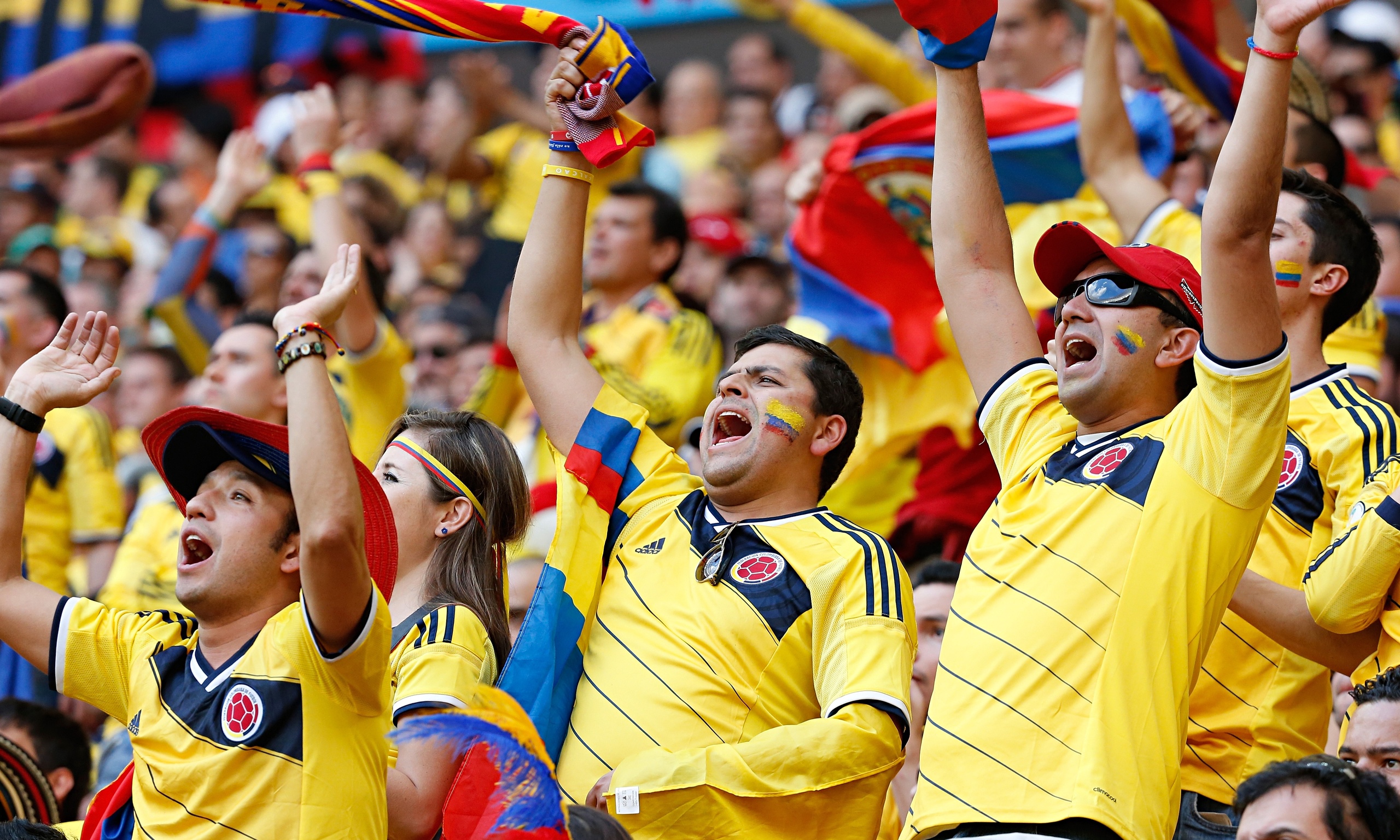“Augustown’s elevation from village to inner-city community had to do with urban sprawl. As Jamaica settled itself into the 20th century, Kingston began to spread out from its harbour, rippling out into the dormitory parish of St. Andrew that surrounded it. The ebbless wave of the city frothed its way up towards Half Way Tree, then further up Hope Road towards Liguanea, Mona, Papine and inevitably, Augustown. To its own surprise, the village found that it was no longer five miles away from the city, but on its edge and then comfortably inside it. Kingston flooded in. Houses were connected to the water main of the NWC and to the electric grid of JPS. The residents of Augustown, new urbanites as they were, no longer tolerated the countrified designation of ‘village’. Instead they spoke of themselves as living in a Kingston community. But no sooner had the village graduated itself to ‘community’ than its middle-class neighbours made sure to distinguish themselves with the prefix ‘suburban’ and Augustown with the prefix, ‘inner-city’. Like dark magic, that phrase seemed to draw into Augustown a heaviness and a heat and a rot. Rusting zinc fences now line the streets, and ratchet knives and machine guns have appeared in the hands of young men. A scar is now on the face of the overlooking hillside.”
On the eve of the launch of Kei Miller’s new novel Augustown in the UK where it’s being published it seems appropriate to pause and consider his huge achievement. The sale of the American rights to Augustown in the USA shortly after Marlon James won the Man Booker Prize last year set off a bidding war that earned him a six-figure advance. In the wake of James’s phenomenally successful A Brief History of Seven Killings Jamaican authors are hot properties and Miller was the first beneficiary.
As you can tell from the passage quoted at the top, Miller’s prose is commandingly deft and lyrical, capable of capturing the massive shifts in Kingston’s social and physical topography in a few fluidly rendered sentences. The Augustown he describes is a fictional valley in Jamaica bearing a marked resemblance to August Town, situated just below the University of the West Indies, Mona.
In this novel, that revolves around the figure of Alexander Bedward—the flying Preacherman—Miller performs a gallant act of literary reclamation. Most of us know of Bedward as a figure of ridicule, a ‘lunatic’ who claimed he could fly. When he failed to do so he was carted off to an asylum, discrediting his Church and breaking the hearts of his followers. So we’ve been told and with our pragmatic, rational, utilitarian worldviews we shake our heads and move on.
But as historians such as Kamau Brathwaite, Veront Satchell and others have told us, there is far more to the story of Bedward. In fact his ministry was so successful, his charisma so compelling, that the Jamaica Native Free Baptist Church he founded became a mass movement, a subaltern anti-colonial awakening that demanded the immediate overthrow of the white overlords and the barriers of race, class and religion experienced under colonial rule. So alarmed were colonial governors by the Preacher’s popularity that they embarked on an active campaign to discredit him, one which has proven remarkably successful, judging by the decimation of the Bedwardite movement, Church and all, and the fact that today this extraordinary preacher is viewed as a faintly comic figure.
As anthropologist Gina Athena Ulysse has tried to do with Haiti (Why Haiti Needs New Narratives: A Post-Quake Chronicle), Miller has done with August Town and Bedward, retrieving their story from the dustbin of history and providing them with a new narrative. And the story he has supplied is one that is ingenious, intricately wrought, powerful and moving enough to recuperate Bedward from his ill-deserved ignominy once and for all. In doing so he also illuminates the power of belief, its sanctity, and the ‘autoclaps’ that is bound to follow when you violate and belittle a people’s belief.
With Augustown Miller breaches the gap he himself notes at one point in the novel between “the stories that were written and stories that were spoken—stories that smelt of snow and faraway places, and stories that had the smell of their own breaths.” In his book Silencing the Past acclaimed Haitian historian Michel-Rolph Trouillot discusses in detail how history is produced by the powerful, how certain historical facts are privileged while others are pushed into the shadows.
With this novel Miller has ruptured the silence shrouding a very important history, dragging out of the shadows the refusal of a people to submit quietly to persistent inequality and injustice, people who tried to use their faith and their belief to rise above the abjectness of their lives and fly away home to Zion.
Published in the Gleaner 6/7/16








































